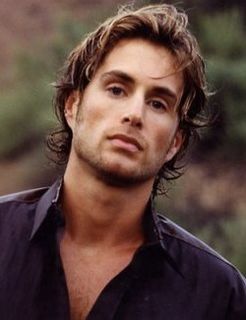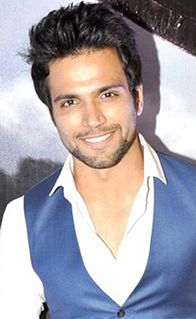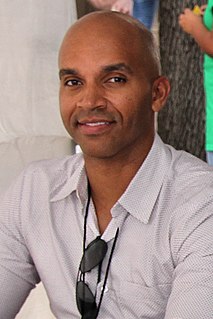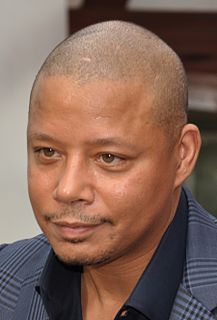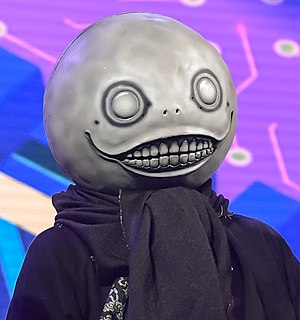A Quote by Greg Sestero
I learned with 'The Disaster Artist,' when I was writing the book, the audience will follow you if you really try to do something different. The biggest thing is, you want to be genuine and try to surprise your audience with kind of a new direction.
Related Quotes
As an actor, you should always keep your trump card hidden from your audience. I want the audience to keep expecting more and more from me. I want to do 'different' work - good and memorable roles - so that audience appreciate me more. That's why I love to surprise my audience with something they never expect me to do.
I gravitate towards anything that feels challenging to me, that feels like it's gonna be saying something a bit different and new to the audience, and anything that moves me. I do movies that I would want to see, so I don't necessarily gravitate towards any genre in particular. I just try and do the best work I can and also try to keep the audience guessing.
There's this idea, particularly in pop music and a lot of these pop father/manager types, that you're selling the person instead of the song. You basically want to create something that the fans relate to because it's exactly like them. So there's a lot of art that's made to be in the image of the audience, but then the audience is imitating this version of themselves. It's a really weird cultural feedback loop, and it's kind of strange to watch. It's a new thing since I was a kid, really a different thing.
The difference when I'm writing a story versus writing a joke is that writing a joke is so much more about the structure and it's less about the conversation. To me, the thing that I love about stand-up is the intimacy between performer and audience.To get it even more conversational was something that really appealed to me and that I really enjoyed doing. My early experiments with it, with just telling a story from my life on stage, it was so satisfying to do. And seemingly for the audience as well. It's a different thing, and it's a different feeling and a different vibe.
I make comedies and I always try... I don't try but I allow to have at least 5% of the jokes or have some jokes that I know will be understood by only about 5% of the audience. It's that guy in the corner who gets it and laughs. But he has to have his jokes too. That's part of my audience. Part of my audience is the people who will only get certain things.
Some writers are writing one great, big book and just taking all these different avenues towards it. They might seem on the outside to be different, but they're really not. And that's a different kind of mindset. I don't know why it is, but I just feel like I really want to escape myself as much as I can - myself as the artist, or as the writer, or as the thinker - with each new project, because one, it's just boredom, but also, I guess I just feel most comfortable starting a new book if I just feel a little in the dark about it.
